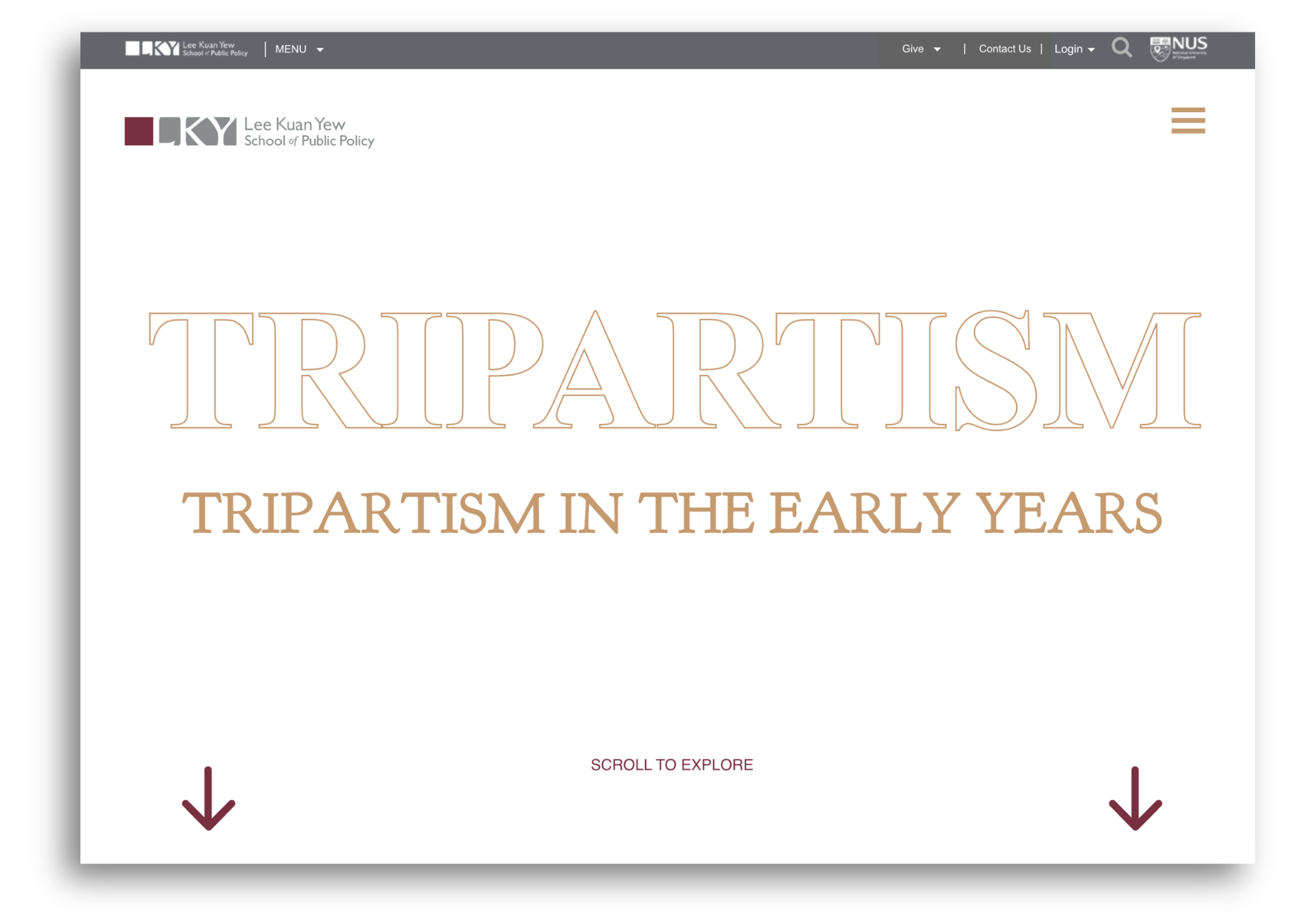Dilemmas in Sustainable Development: Public Policy Case Studies from Asia
Edited by Gabriel Wong, Jean Chia and John Emmanuel Villanueva
As the world, and Asia in particular, increasingly face threats from climate change and environmental degradation, the imperative for governments to pursue environmentally sustainable economic development becomes more urgent. This collection of eight case studies for teaching covers diverse policies for sustainable development such as transiting to renewable energy and achieving net-zero carbon emissions in Singapore and Vietnam, adapting agriculture to climate change in India, introducing ecological compensation in China, evaluating the impact of a hydropower dam in Cambodia, greening Special Economic Zones in Indonesia, and improving Environmental Impact Assessments in Singapore. The collection presents the dilemmas that Asian governments face when formulating policies for sustainable development, and how they must manage diverse stakeholders, competing priorities and unavoidable trade-offs.
The complete book is available for purchase at $33 (before GST) at Books Kinokuniya stores in Singapore.
The book contains eight engaging case studies that feature very topical sustainable development issues facing various Asian countries like China, India and Indonesia. Highlighting the tensions that policymakers face between environmental protection and economic development, the case studies provide a wonderful resource for environmental policy training and capacity building. Researchers and educators will also find the case studies extremely suitable for problem-oriented analysis and ideating innovative policy solutions for some of the most pressing environmental challenges in the world.
Professor Benjamin William Cashore
Li Ka Shing Professor in Public Management and
Director, Institute for Environment and Sustainability,
Lee Kuan Yew School of Public Policy
------------------------------------------------------------------------
TRIPARTISM IN THE EARLY YEARS

Amid growing interest in Singapore's model of governance, the microsite on tripartism offers a comprehensive and accessible resource to deepen understanding of this key pillar of Singapore’s success. Developed by LKYSPP in partnership with the Tripartite Collective, and with support from MOM, NTUC, and SNEF, the microsite builds on case studies, including 'Tripartism in wage-setting and wage flexibility' and 'Tripartism in developing the Progressive Wage Model.' It traces the historical roots of tripartism, highlights its role in wage negotiation through the National Wages Council, and examines its resilience during crises such as the 1985 economic downturn, the Asian financial crisis, and the COVID-19 pandemic. The microsite also explores contemporary challenges like the gig economy and wage stagnation and features video interviews with key stakeholders who have sustained and strengthened this unique partnership.
View the
Full Site here
------------------------------------------------------------------------
Rethinking the Status Quo: Public Policy Case Studies on Singapore
Edited by Jean Chia and Chan Jia Hao
The ability to rethink the status quo is central to good governance. To ensure that policies remain fit for purpose as circumstances and needs change, robust policymaking demands questioning of the assumptions behind public policies, re-looking at policy design and implementation, and re-examining the impact of existing policies. This collection of six case studies for teaching by the LKYSPP’s
Case Insights Unit covers diverse policy domains such as education and meritocracy, housing and built heritage, public transport, casinos, the gig economy, and the drive towards e-payments. Together, they present Singapore’s public policy development in action—the impetus, challenges and outcomes of rethinking the status quo.
The complete book is available for purchase at $25 (before GST) at Books Kinokuniya stores in Singapore.
I am happy to commend this interesting book to anyone interested in Singapore and in how the city state has responded to its challenges. The six case studies in the book cover an interesting range of topics from whether to allow casinos to be built in Singapore, to an assessment of the policy of meritocracy. The book should be of interest to the teachers and students of public policy all over the world.
Professor Tommy Koh
Ambassador-at-Large at Singapore’s Ministry of Foreign Affairs; Chairman of the
Centre for International Law of NUS; Special Advisor of the Institute of Policy
Studies; and Rector of Tembusu College, National University of Singapore